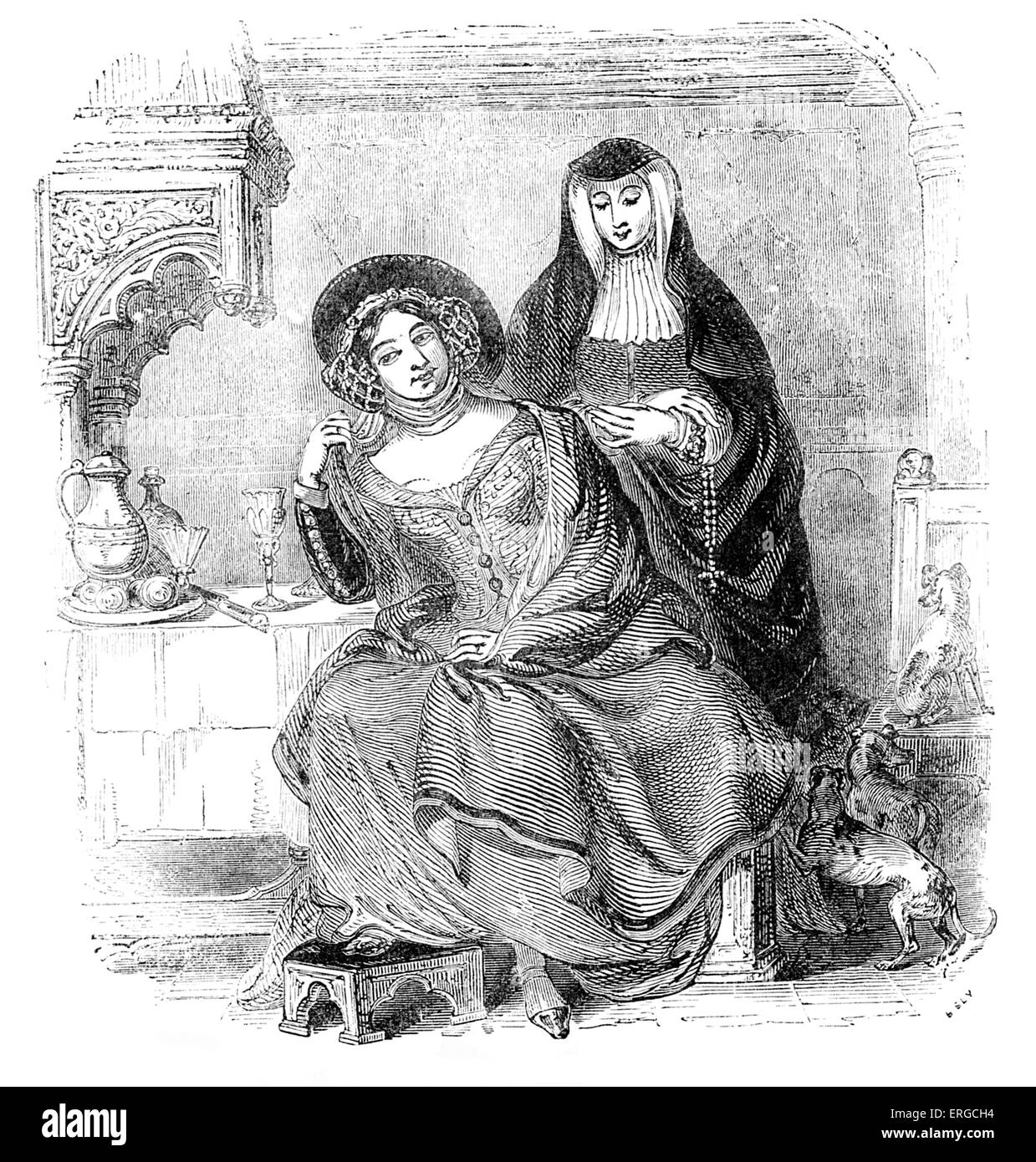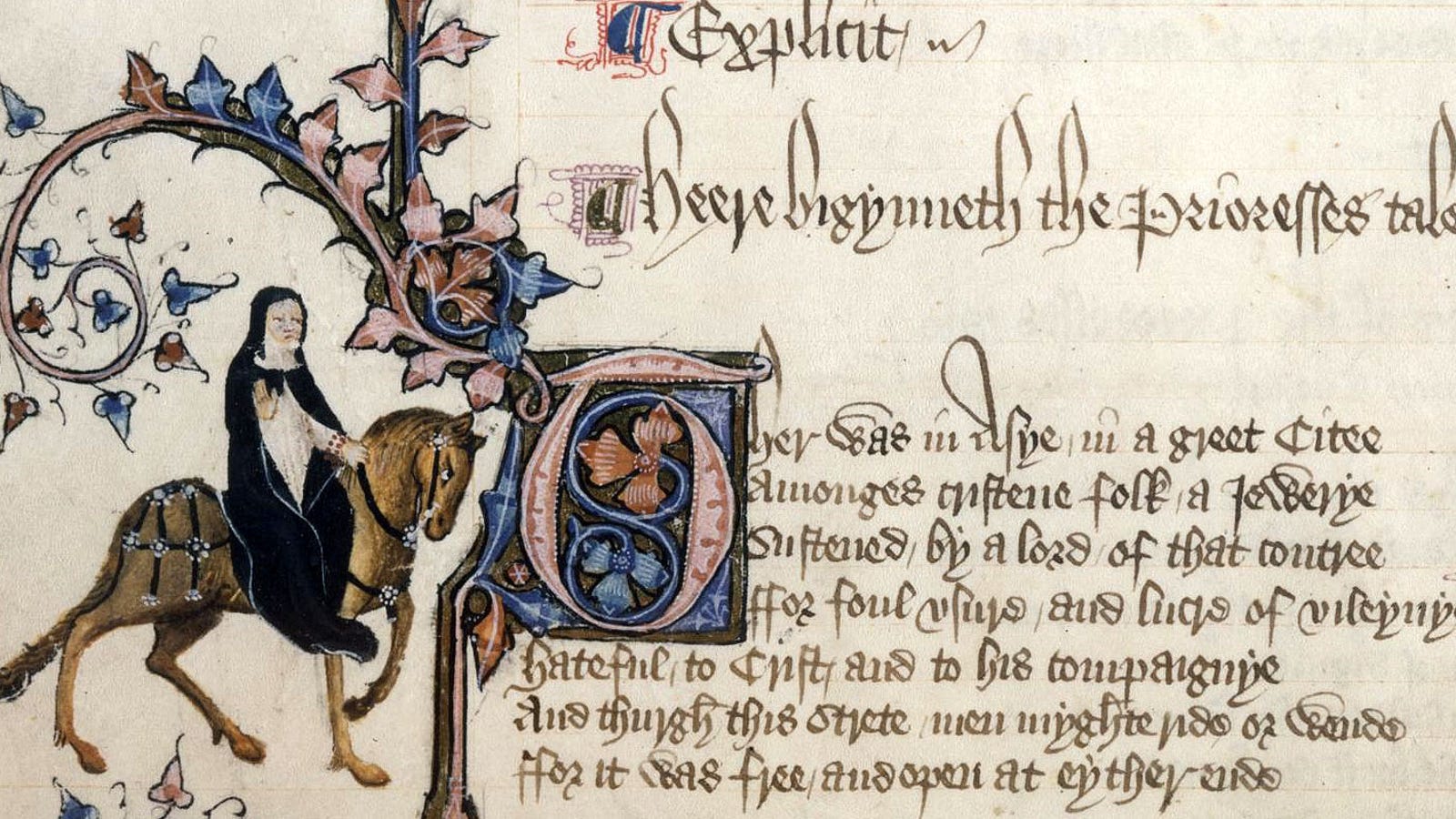
The prioress geoffrey chaucer
Over the past fifty years, scholars have asked: Is the antisemitism in the tale that of the Prioress? Or of Chaucer the pilgrim? Or of Chaucer the author? Or, indeed, whether one ought to discuss antisemitism in the Prioress’s Tale at all, considering the potential anachronism of expecting medieval texts to conform to contemporary ideologies. Both the Tale’s antisemitism and its “Chaucerianism”-its fitness or aptness as part of the Chaucerian canon-are significant topics of reflection for modern readers, who worry about the Tale’s ethical implications as well as Chaucer’s own implications. Of all the Canterbury Tales, Geoffrey Chaucer’s Prioress’s Tale, in which a young schoolboy is murdered by Jews for singing a song in praise of the Virgin Mary, poses a problem to contemporary readers because of the antisemitism of the story it tells.

